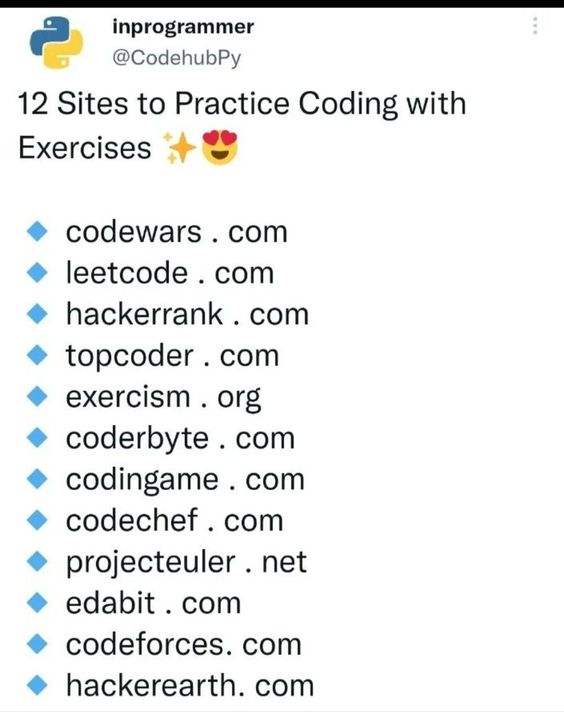Books can help in more ways than one. For example, they can take your vocabulary to the next level
Books can be our best friends, it's not for nothing that this saying is popular. Here are a few classics and what they can teach you when it comes to English language
Lord of the Flies
BY William Golding
Often prescribed as curriculum in school, this book is a modern novel using descriptive and dramatic language that helps a reader visualise the story
Animal Farm
BY George Orwell
Simple language drives this novel. This story is short and effective, giving the reader an understanding on how to use language in a clever way
To Sir, With Love
BY ER Braithwaite
The story is about how a professor wins over the hearts of unruly students. The words and characterisation will surely teach you a thing or two too
The Curious Incident of the Dog in the Night-Time
BY Mark Haddon
A heart-warming tale of an autistic kid and a dog who set out to solve a murder mystery. The perspective of the world that the kid, Christopher, has is charming
The Old Man and the Sea
BY Ernest Hemingway
Written by journalist Ernest Hemingway, the book has language that is clear, straight forward and factually tight. The sentence structure is short, making it easy to follow


